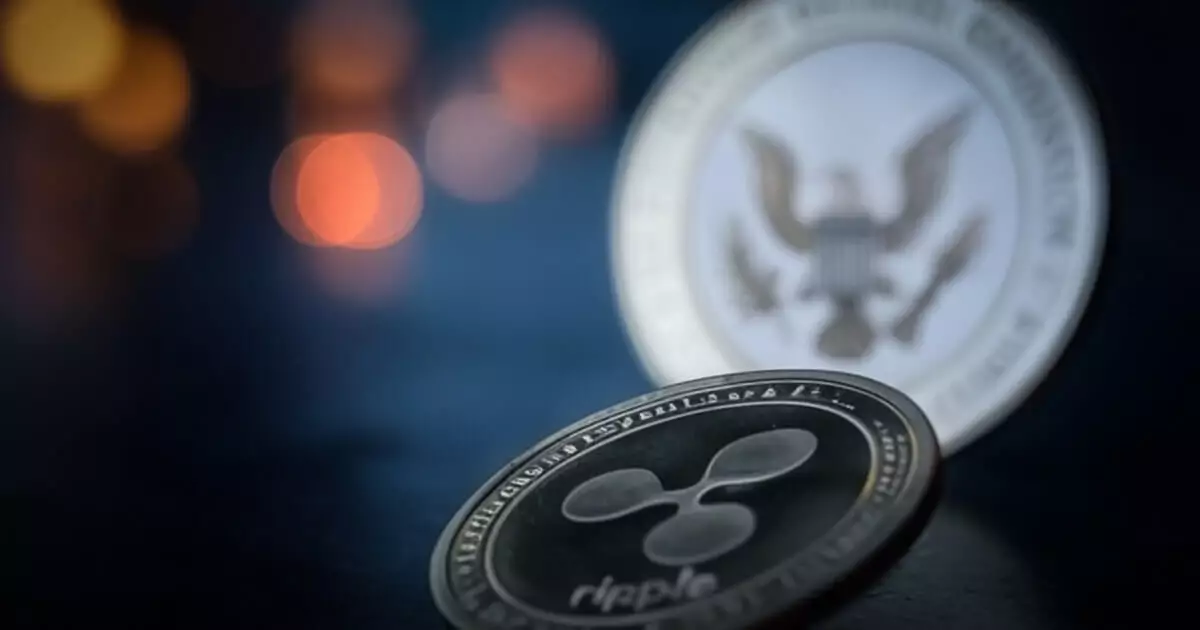The legal tussle between Ripple Labs and the United States Securities and Exchange Commission (SEC) has gained fresh momentum as the SEC has recently filed an appeal against a previous court ruling that favored Ripple. This situation has its roots in a dispute that began back in December 2020, revolving around the classification of XRP, Ripple’s digital asset. On January 15, 2024, the SEC asserted that Ripple’s transactions involving XRP sold to retail investors should be recognized as unregistered securities transactions. Their argument hinges on the interpretation of these sales as investment contracts under the Howey Test, a criterion derived from a Supreme Court ruling that defines what constitutes a security.
Legal Arguments and Counterpoints
In its opening brief, the SEC accused the district court of making both factual and legal errors when it concluded that sales of XRP to public buyers did not fall under the securities framework. By stating that Ripple’s actions generated profit expectations among XRP purchasers, the SEC is reinforcing its stance that Ripple’s business model aligns with that of traditional investment vehicles. This marks a significant departure from the court’s July 2023 ruling, which stated that only XRP sales to institutional investors qualified as securities, leaving the sales to retail investors untouched by federal securities laws.
Ripple’s Chief Legal Officer, Stuart Alderoty, met the SEC’s claims with skepticism, suggesting that the SEC’s legal assertions are nothing more than a rehash of previously dismissed arguments. Alderoty views the SEC’s actions as counterproductive to the establishment of a clearer regulatory framework, which he deems necessary for innovation in the blockchain space. Furthermore, both Alderoty and Ripple CEO Brad Garlinghouse argue that the SEC’s relentless pursuit may symbolize a misunderstanding or misalignment with the evolving nature of digital assets.
Implications for the Cryptocurrency Landscape
The SEC’s challenge not only complicates Ripple’s operational environment but also reverberates throughout the broader cryptocurrency market. As institutions, startups, and investors continue to grapple with regulatory uncertainties, the outcome of this case may very well set precedents for future crypto-related legal interpretations. The SEC’s insistence on enforcing traditional securities laws on digital assets raises questions about how these regulations will be applied going forward, particularly to emerging technologies that diverge from conventional financial systems.
Moreover, Ripple’s narrative embodies a broader pushback against such regulatory practices, where advocates of cryptocurrency assert the need for a more nuanced and innovation-friendly regulatory framework. Both Ripple’s leadership and numerous industry stakeholders have expressed optimism about an evolving landscape that may favor greater clarity and innovation.
As this legal battle continues, it serves as a critical moment for both Ripple and the SEC, epitomizing the tensions between innovation and regulation in the realm of digital assets. Ripple’s strategy of persistence amidst regulatory challenges reflects a commitment to not only defend its business but also to participate in shaping the future of cryptocurrency regulation. The SEC’s appeal is a reminder that regulatory clarity is far from settled, and the cryptocurrency sector must navigate these unpredictable waters carefully. The stakes are high, as the implications of this case extend beyond Ripple, potentially foreshadowing the future landscape of digital finance in the United States.

